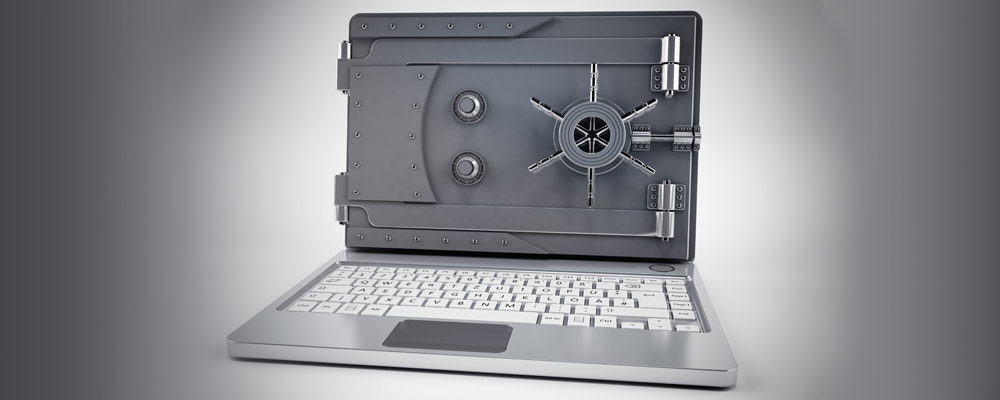Keeping your computer secure is one of the best ways to protect yourself while you’re online. Avoid online fraud, malware infections and identity theft by following these tips.
- Install credible antivirus/antimalware software to monitor what’s coming into your computer. Keep it current and periodically verify that it is running.
- Not all antivirus/antimalware systems protect against spyware, so you may want to install antispyware to monitor what’s leaving your computer. If it sees sensitive information or passwords attempting to leave your computer, it will stop the transfer and alert you.
- Your computer probably already has a firewall installed, but you should make sure that it’s turned on and working. Firewalls monitor all traffic entering or leaving your computer and create a barrier between parts of your computer that are supposed to talk to the Internet and parts that aren’t.
Most viruses and malware take advantage of programming errors in your operating system or other programs. The scammers can exploit these errors to help them get into your computer. Periodically, you’ll receive software updates that eliminate these errors. Be sure you turn on automatic updates for your operating system and any software that you’ve installed.
Visit https://www.irs.gov/identity-theft-central to better understand current phishing and online scams that could compromise your personal information security.


Comments are closed.